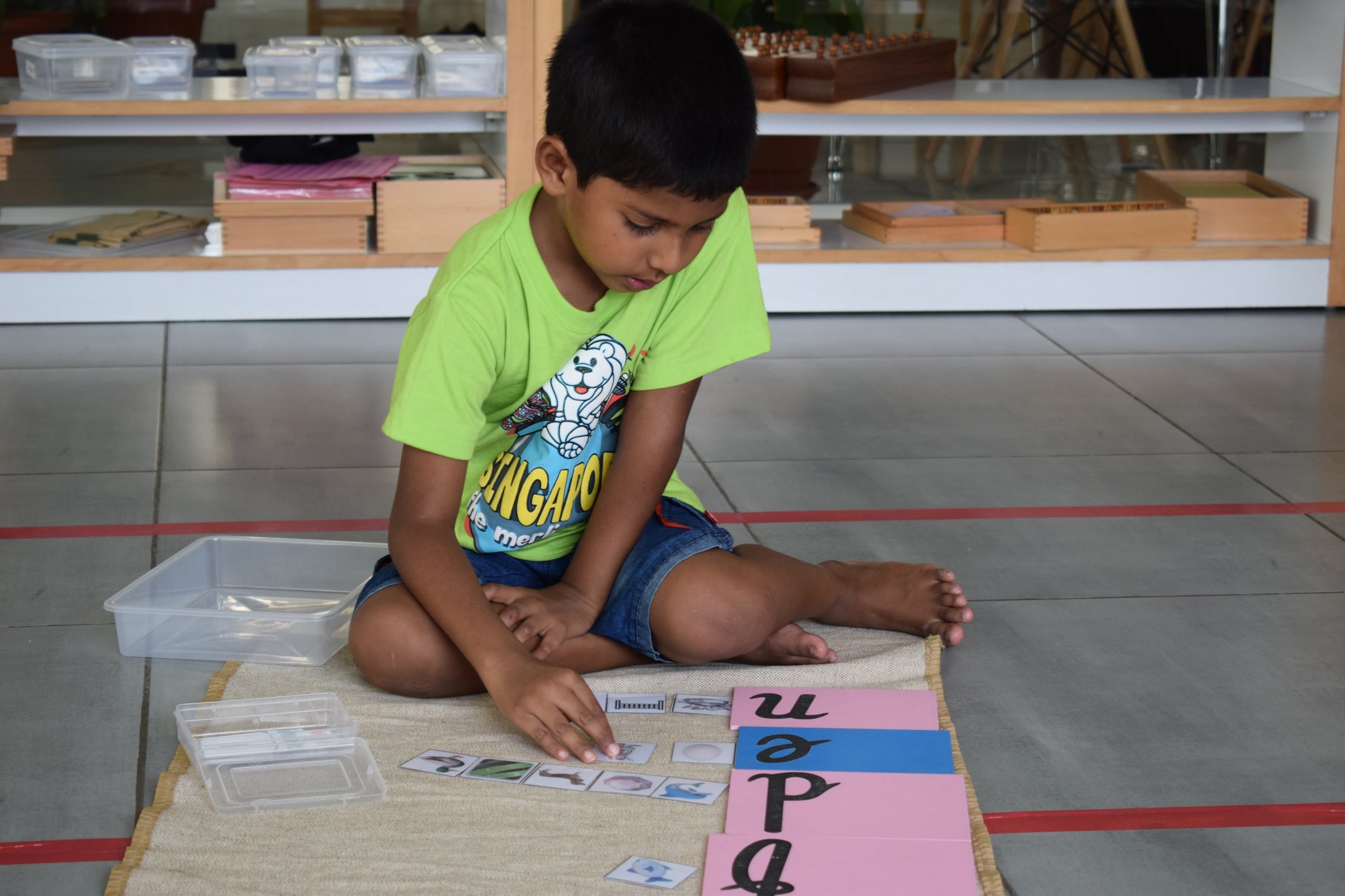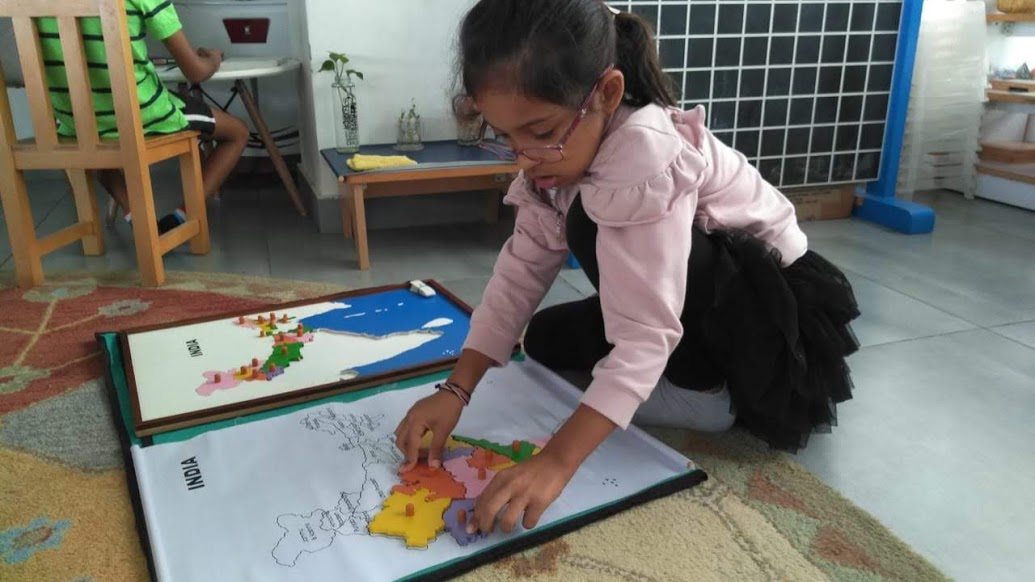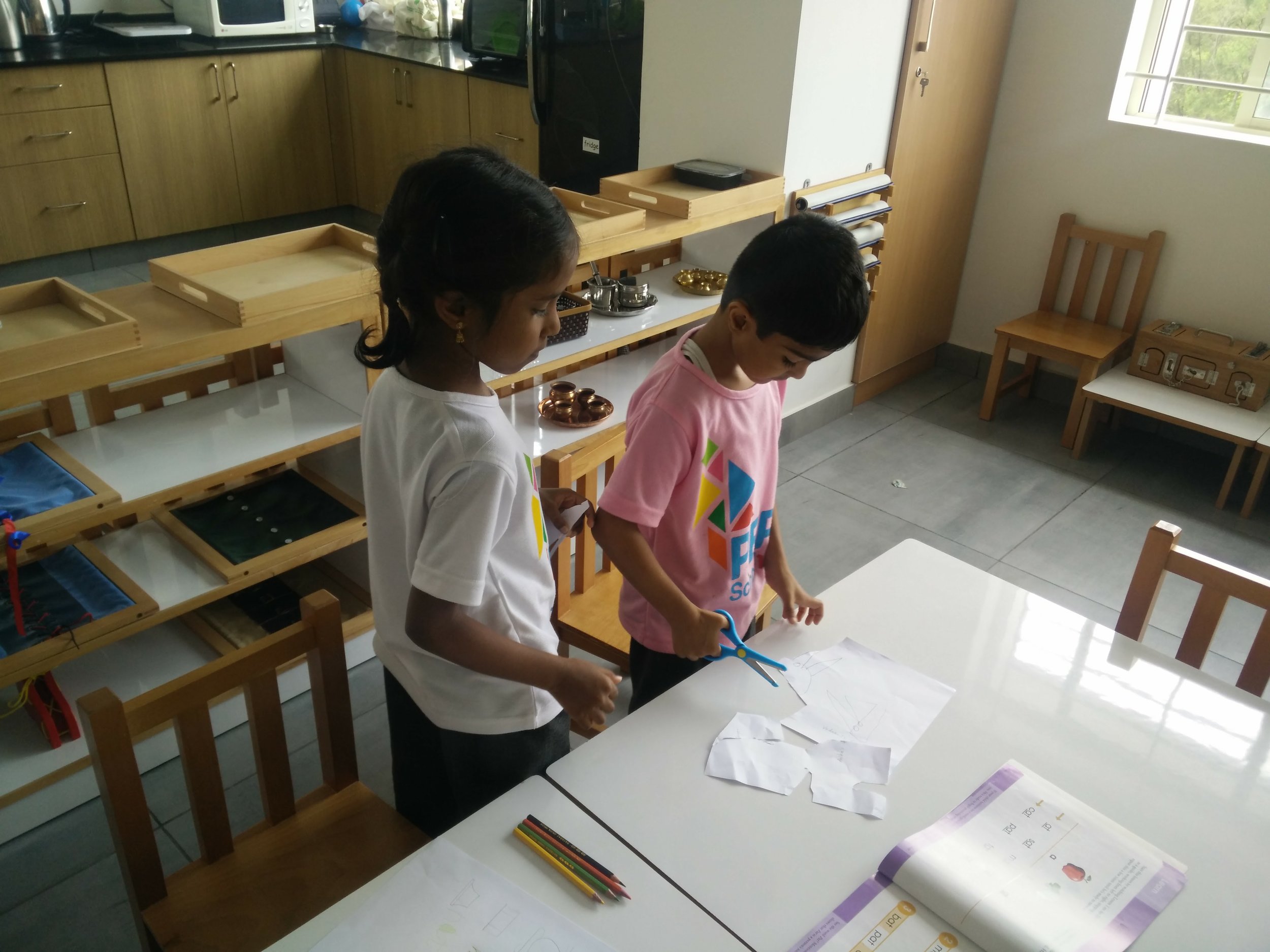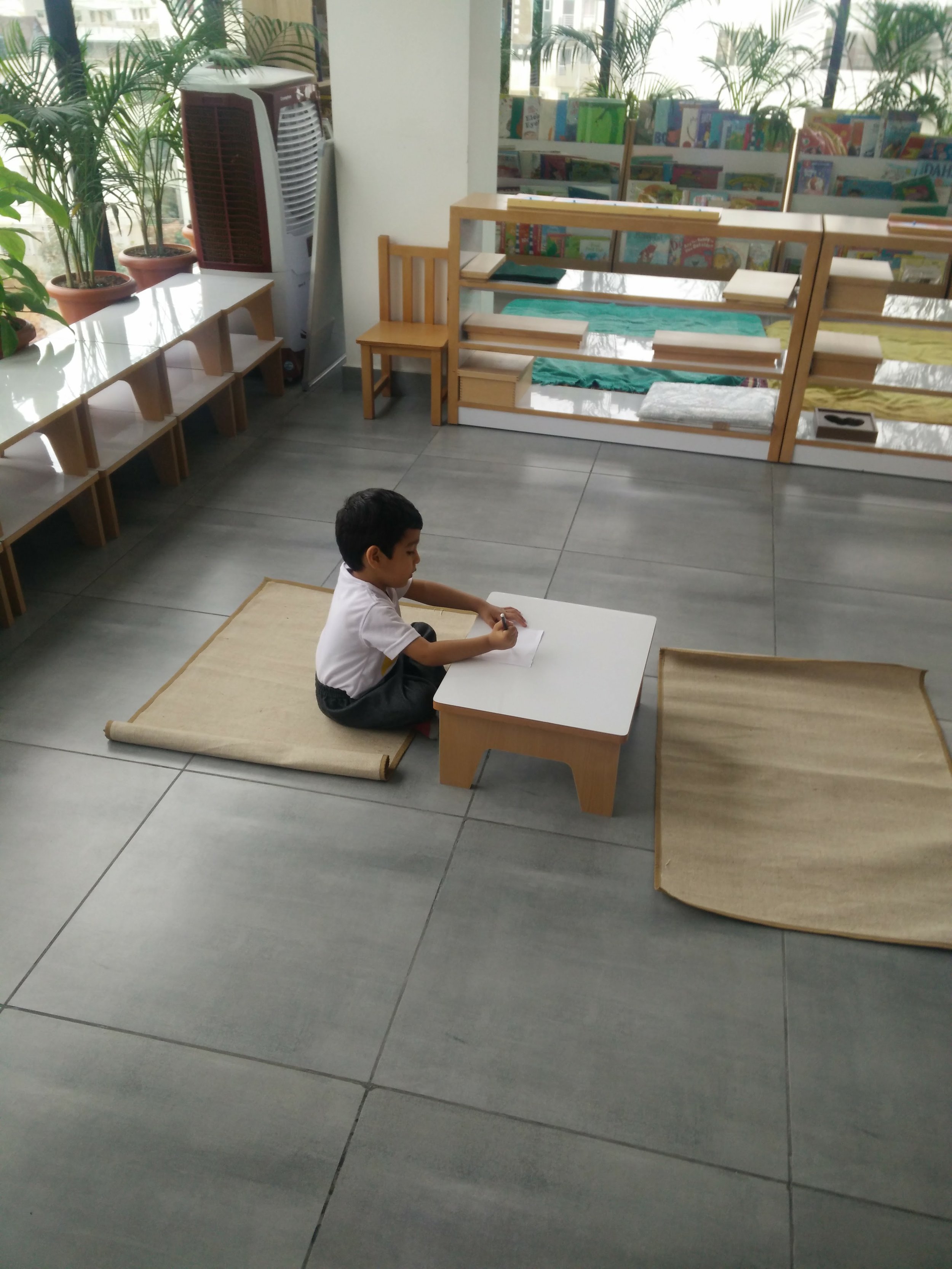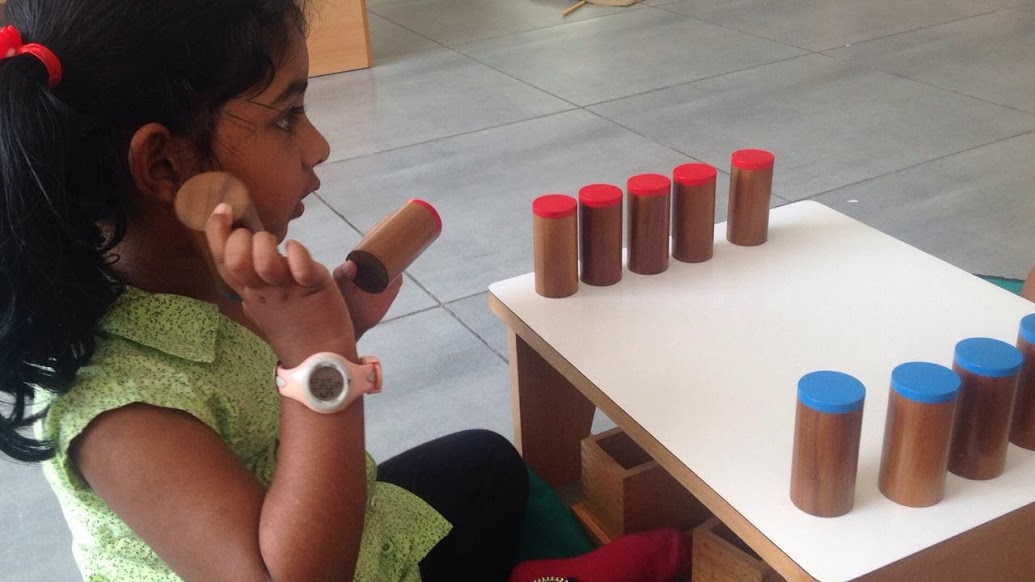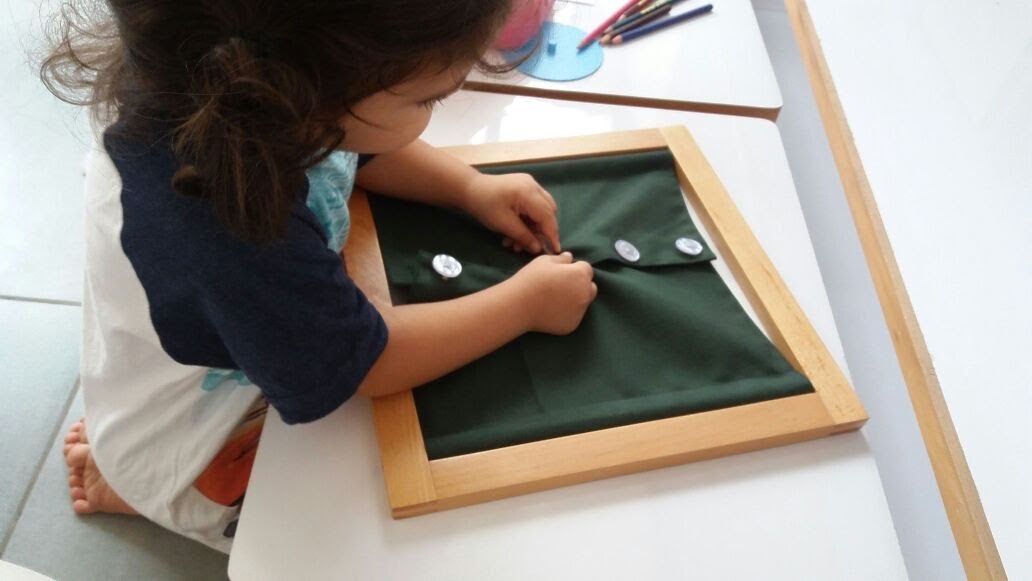We recognise that all children learn differently and take unique routes to excellence.
We believe that learning is most effective when the learner is engrossed in personally meaningful material tuned to his or her interests and abilities.
Why Personalise Learning?
exploit sensitive periods
Young children easily acquire new skills (like math or writing) that are introduced during special points of time called “sensitive periods”. Such children become deeply engaged in learning. After the sensitive period passes, children find it difficult to absorb these skills. Sensitive periods occur at different points of time for different children; thus, traditional whole-class instruction is deeply ineffective in early years.
develop student ownership
The classroom agenda in schools today is dictated by teachers who feel bound by rigid textbooks, timetables and administrators. In effect, the student’s learning experience is treated as secondary to the convenience of adults. It is little wonder then that they become bored, disinterested and passive recipients of knowledge. Instead, if students are involved in making choices about their learning journeys, they can transform to active learners with high ownership in learning outcomes.
build emotional bond with learning
Many children feel bored and disinterested in school today; yet, outside school, these same children develop deep personal connections with their areas of interest and cultivate great expertise. The emotional bond with the object of learning automatically increases retention, curiosity and depth of knowledge.
What makes learning personalised?
student choice
We believe that children should be actively involved in designing their learning. This empowers them to be owners and not just follow steps handed to them. At PEP, students independently make choices about the structure of their learning, with educators adopting a variety of approaches to serve their learning needs. Students work independently or in small carefully-chosen groups, with regular 1-1 time with educators for remedial work, enrichment or general guidance. In addition, there are opportunities for students to engage in meaningful learning experiences outside of school.
flexible learning environments
Our staff, space and time are designed to be responsive to student learning needs, not the other way around. At PEP, we do not adopt a fixed timetable with short periods; we recognise that 45 minute blocks are grossly inadequate for students to become deeply engrossed in any learning activity. Our thoughtfully designed learning environment encourages students of different ages to work together; research has shown that peer instruction can be very effective in driving learning outcomes.
competency based progress
Clearly defined goals provide structure for the personalised learning journey. Each student’s progress versus their goals is continually assessed by educators. Rather than relying only on tests or exams, our educators closely observe students’ learning processes and the generated artefacts of learning (projects, written work, models and so on). A student advances through more advanced content after demonstrating basic mastery. This allows children to proceed at their own pace, and not be held back or moved forward inappropriately.
How we facilitate personalisation
educators' observations
Our educators closely observe children as they work. They focus on truly understanding their students as unique individuals with varying interests and abilities, and optimiselearning conditions for their intellectual growth. Educators’ observations of children’s thought processes, comments, actions and work outputs are rigorously documented, and serve as a basis for public displays, parent engagement and further personalisation.
parent partnerships
We unite the efforts of educators and parents to deliver the best learning experience for students. Parents are invited to be deeply involved in defining learning goals for their children, and participate without fail in parent-educator progress review meetings. Further, we believe learning happens anytime, anywhere. Our educators supplement in-school learning with personalised tips and suggestions for families to continue learning at home.
student reflection
Student reflection is a critical part of the learning process. Short reflection and sharing sessions are part of the weekly class schedule. This process helps students independently introspect on their learning journey, seek guidance from peers or educators, and builds an ethos of continuous improvement.



